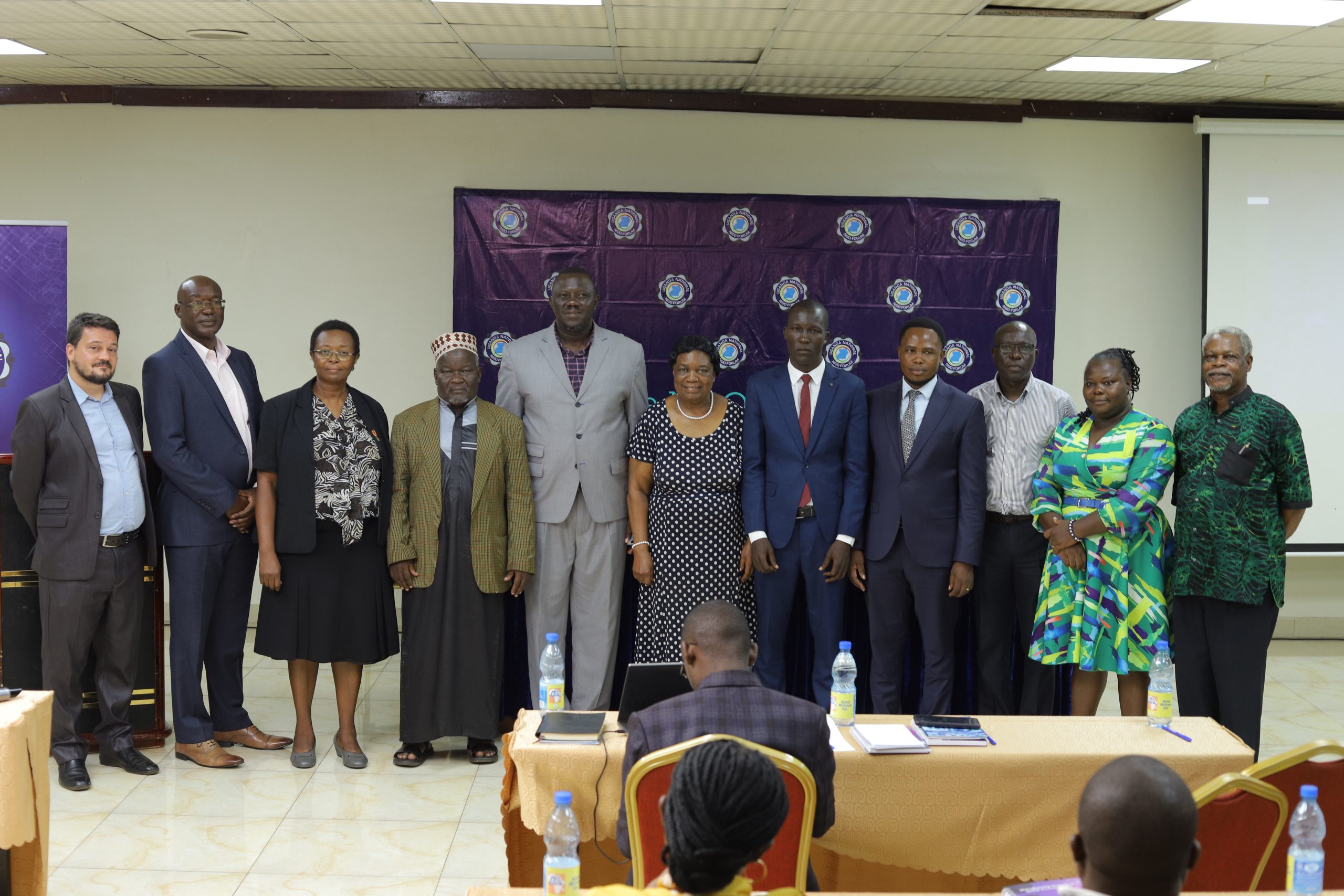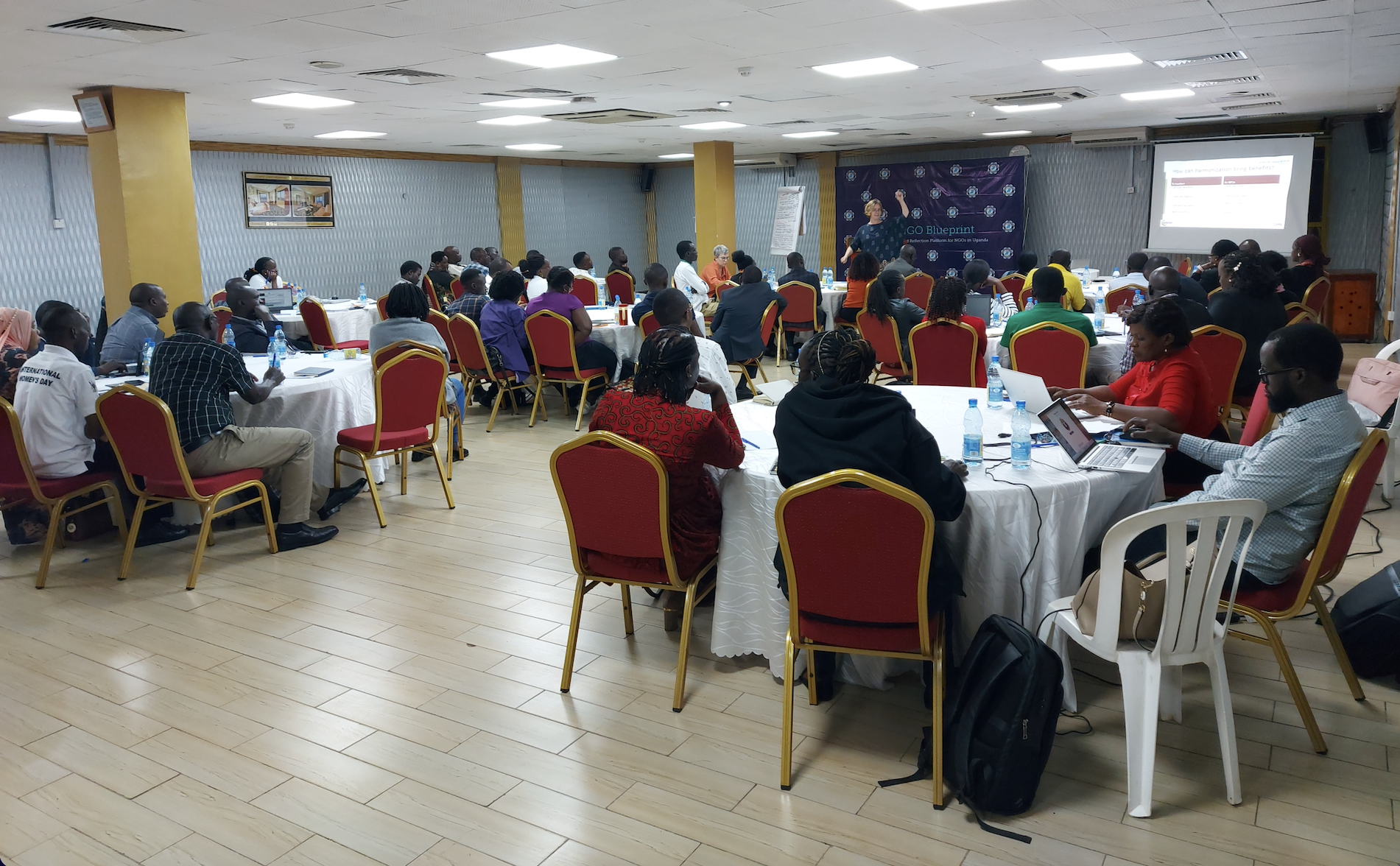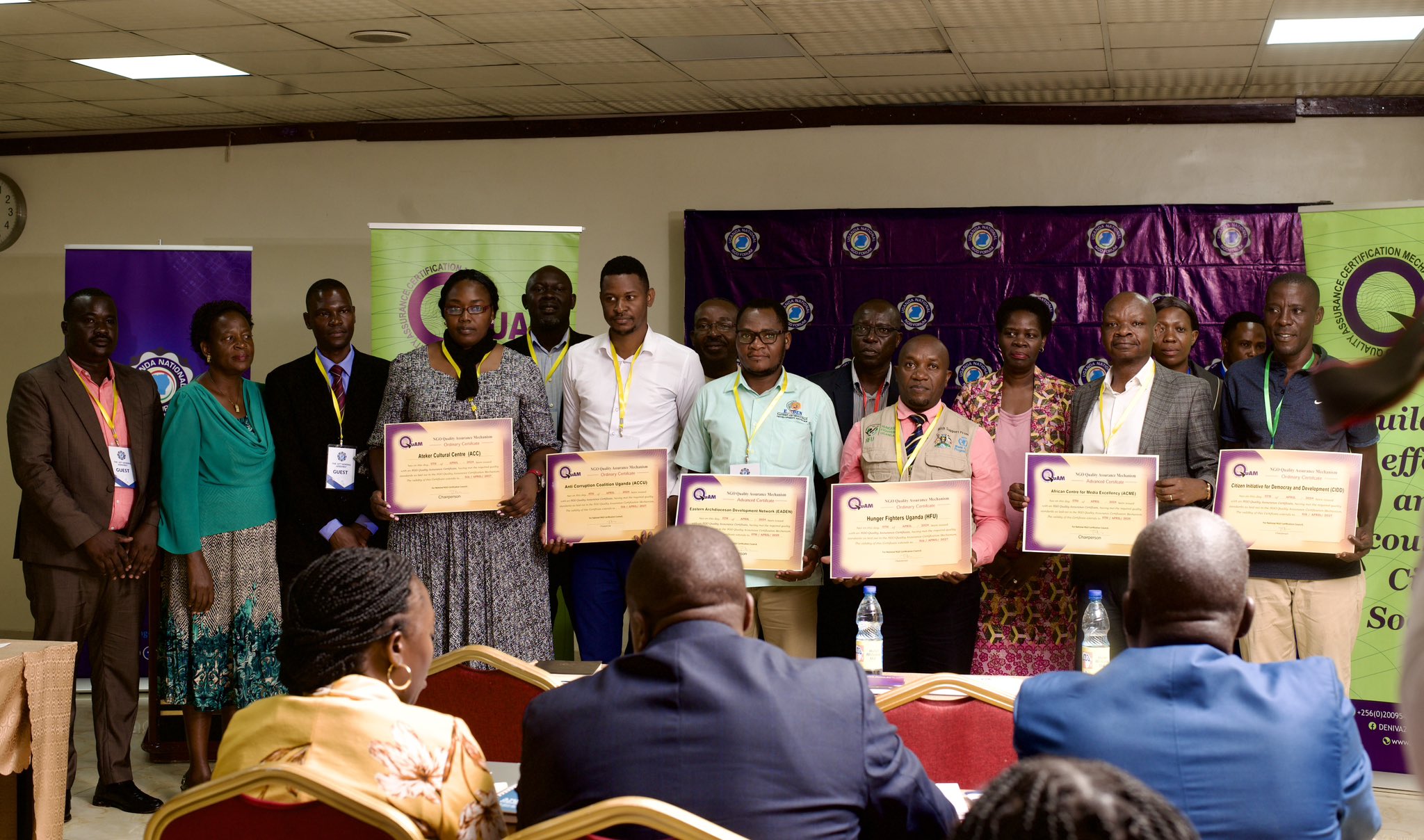Farm Power 2014- Celebrating 2014 the year of agriculture food security and nutrition
Background
On October 16th, Uganda will join the rest of the world to mark the World Food Day. To proceed this day on October 15, the world will be celebrating the international rural women’s day.
2014 will remain an instrumental year in the history of agriculture globally and at Africa level. Globally, 2014 was declared by the United Nations as the International Year of Family farming. At African Union level, the year was declared the African year of Agriculture, food security and nutrition – launching new CAADP commitments
Although global hunger has reduced, about 805 million people are estimated to be chronically hungry. Although the prevalence of undernourishment globally has fallen from 18.7%, 11.3% remain chronically undernourished of which 13.5% are from developing countries.
In Uganda according to the National Development Plan about 17 million people are still trapped in hunger and 1 in every 3 children is stunted costing the country an estimated 1.8 Trillion UGX and equivalent of 5.6% of GDP and 54% of every adult suffered stunting while still young.
The population of Uganda grows continuously at a rate of 3.2% per a year mounting a lot of pressure to the already struggling food system. Government investment to agriculture has remained stunted at less than 4% despite the commitments made in Maputo in 2003 and Malabo in 2014. Farmers can hardly access credit from the commercial banks as lending rates have remained high at about 25% per year. Access to production services has remained a big constraint with less than 10% of the total farming households accessing agricultural Extension services. . It is believed that there is hardly clean seed on Ugandan market and 60% of the total seed in the case of maize on the market is “fake”.
Access to farm labour has continued to be a challenge. Majority of the farm labour is provided by the family with women contributing over 70% of the total labour in the agricultural sector. The average age of a farmer in Uganda is 50 Years yet most of the able bodied youth and men migrate to urban centres for more “paying” opportunities than agriculture.
Food Rights Alliance a consortium of 58 organizations and National NGO Forum are spearheading the right to food campaign in Uganda, we will commemorate the International Day of Rural women – October 15, and the World Food Day – October 16 under the theme “ .Feeding the world caring for the Earth”
Conscious that the population continuously to grows and so is the demand for food. The economy suffers from competing priorities and the farming systems continue to face numerous challenges both at global and local level;
Cognizant of the fact that investment in agriculture is critical to national development and that there is growth experienced in a country when investments are done responsibly;
Concerned that despite enactments, proclamations and commitments to invest in agriculture, financing to agriculture has remained unacceptably low.
Convinced that rural women have the potential to feed the growing population once specific investments are made targeting them;
Cognizant of the State obligations to Respect, Protect and Fulfill the right to foods of her people as enshrined in international human rights instruments to which Uganda is signatory and the Constitution of the Republic of Uganda:
As the World commemorates the International Day of Rural women on October 15 and the World Food day on October 16, WE DEMAND that the Government of Uganda pays special attention to agriculture, food and nutrition security and moves from rhetoric to practical solutions to end hunger and malnutrition. :
- Expedite the processes of reviewing the Food and nutrition policy to meet the new demands and respond to emerging challenges of hunger and malnutrition.
- Expedite the process of passing the Food and Nutrition Bill in order to provide food and nutrition security issues with a legal and institutional framework.
- There is Prioritization of equitable financing options that target rural women hence delivering sustainable social and economic growth in Uganda.
- Increase investment to agriculture specifically on provision of agricultural Extension, agricultural research, regulating the input and seed sector and exploration of market access options for produce
- Public –Private partnerships are scrutinized and open contracting adopted to ensure that Ugandans do not lose land to unjustifiable investments in agriculture.
In conclusion, Sustained political commitment at the highest level is a prerequisite for hunger eradication. It entails placing food security and nutrition at the top of the political agenda and creating an enabling environment for improving food security and nutrition through adequate investments, better policies, legal frameworks and stakeholder participation. A UGANDA FREE FROM HUNGER AND MALNUTRITION IS POSSIBLE.
Contacts
National Coordinator
Food Rights Alliance
Plot 231 Sir Albert Cook Road Mengo near Sir Appolo Kaggwa primary school
PO Box: 5796 Kampala
Tel: +256 414695518
Email: frauganda@gmail.com
Website: www.fra.ug



